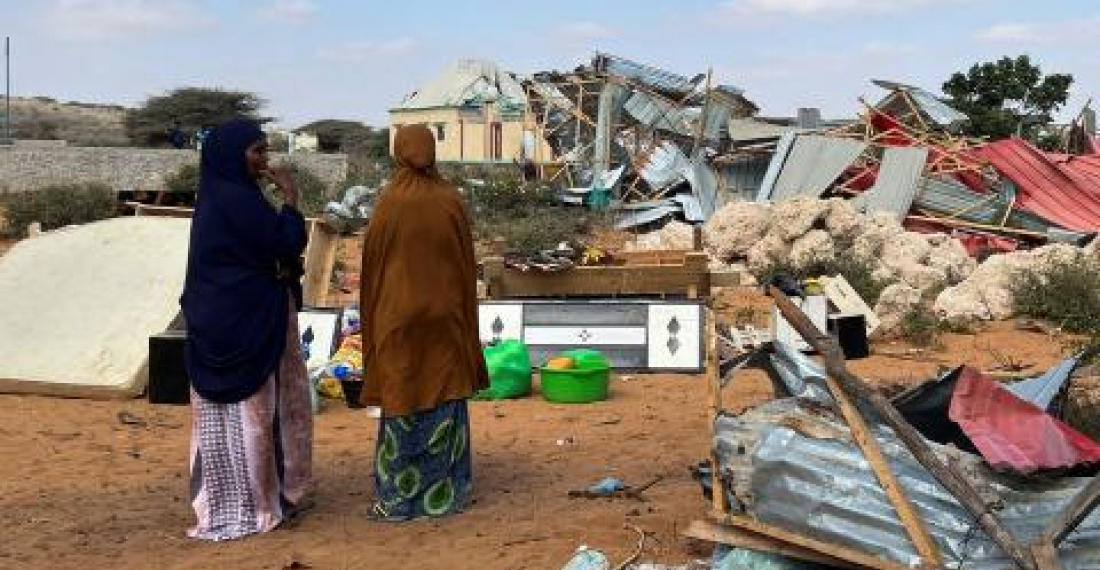According to a local police report, the extremist group Al-Shabab killed five people and injured 16 on the edge of the Somali capital, Mogadishu, on Wednesday, 16 February, attacking several police stations and security checkpoints in what looks like a display of power as the country prepares for a delayed presidential election.
Among the five victims are two children.
Last week, Al-Shabab terrorists assaulted a minibus transporting election delegates, resulting in the death of six passengers.
Last December, the terrorist group also seized the town of Eldheere in the semi-autonomous region of Galmudug. Al-Shabab soldiers bombed police checkpoints before taking control of the town.
Al-Shabab has been battling in Somalia for years, aiming to overthrow the central government and then impose its strict interpretation of Islamic law. The present ambition of Al-Shabab appears to be to divide the central government and its erstwhile allies. Indeed, during the capture of the town of Eldheere in December, the central government's allies, ASWJ (Ahlu Sunnah Wal Jama'a), had criticised the central government for accepting too many hardline clerics into its fold.
These divisions could be accentuated by the current electoral confusion.
A months-old conflict between Prime Minister Mohammed Hussein Roble and his political challenger, President Mohamed Abdullahi Mohamed, was responsible for the delay of the presidential elections. The elections due to be held in December may now be held later this month.







